The Matrix Resurrections Review: To Love It Or Hate It, That Is The Question
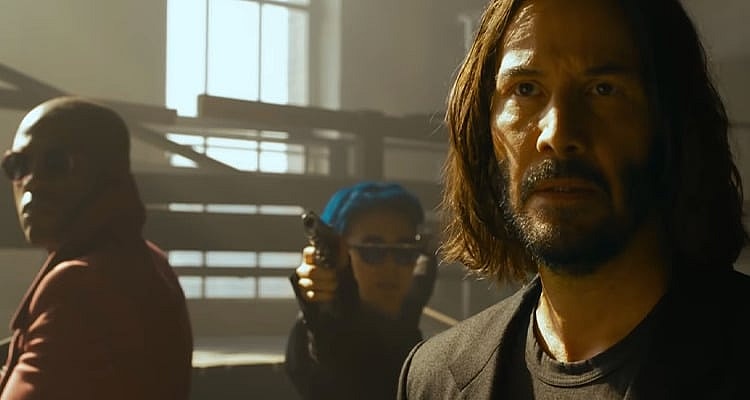
Twenty years ago, people didn’t know what simulation theory was, and so the closest way to describe The Matrix at the time of its release was to reference the ‘virtual simulation’ capabilities of Star Trek: The Next Generation’s holodeck.
With its core concept a relatively new idea in a post-internet world and depending upon word of mouth to get the word out, as social media wasn’t yet a thing, the first film in the franchise grossed just $27 million in its opening weekend.
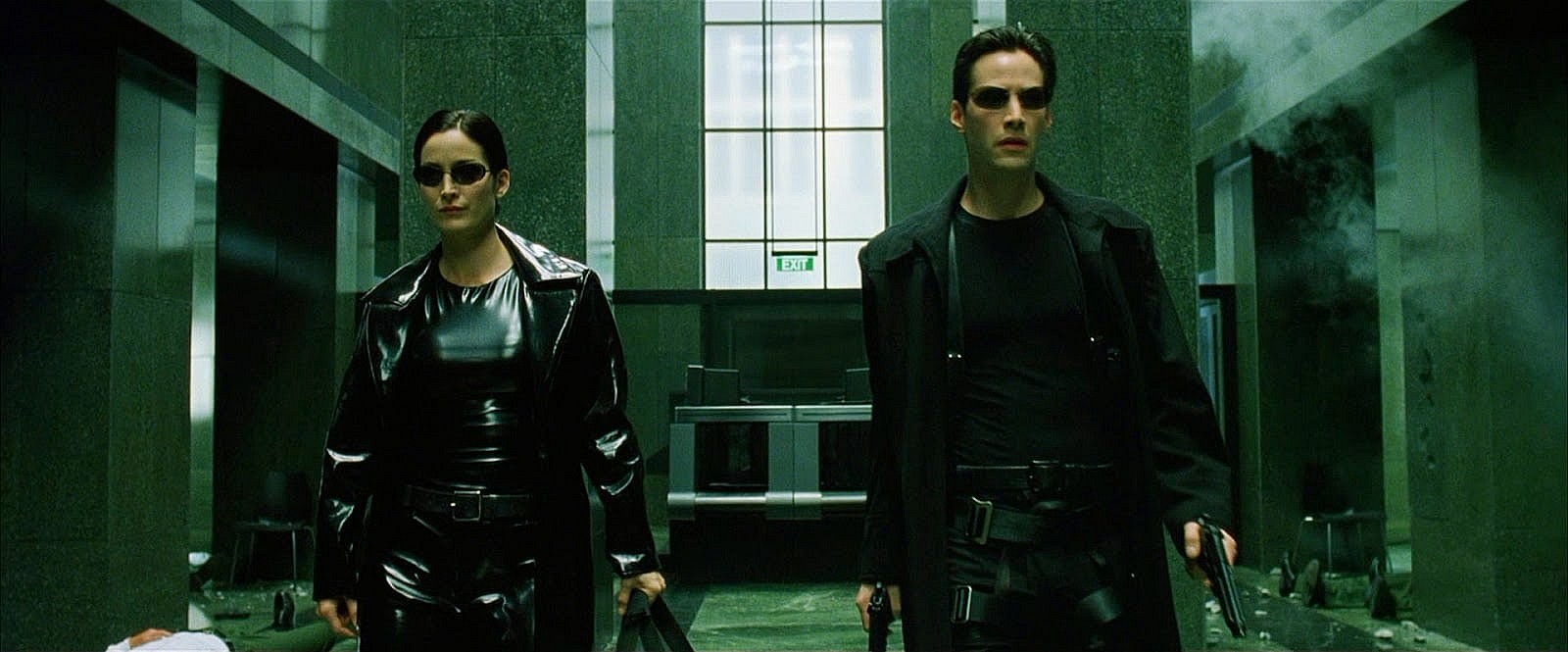
RELATED: The Matrix Resurrections Critic Scores Are Here And The Critics Are Very Polarized
However, that word of mouth eventually paid off, and The Matrix went on to gross a total of $477 million – roughly $777 million when adjusted for inflation – as audiences couldn’t get enough of the bullet-time pioneering sci-fi film, seeing it over and over again in theaters and later on home video. Even now, it’s still being watched and re-watched on streaming platforms like HBO Max.
So why did Lana Wachowski come back solo to write and direct this new Matrix film?
What’s it really about?
This is a trick question and the answer has layers. At it’s core, and just like the initial film, this one is about love
. Yes, LOVE, and more specifically, the love between Neo and Trinity.
Though it was surrounded by exciting action sequences and a compelling story, at it’s core, the first Matrix is a love story. Neo was ultimately trying to save Trinity because of his love for her – he just had to save all of humanity to do it. Of course, she eventually dies, and thus the story ultimately becomes a tragedy.
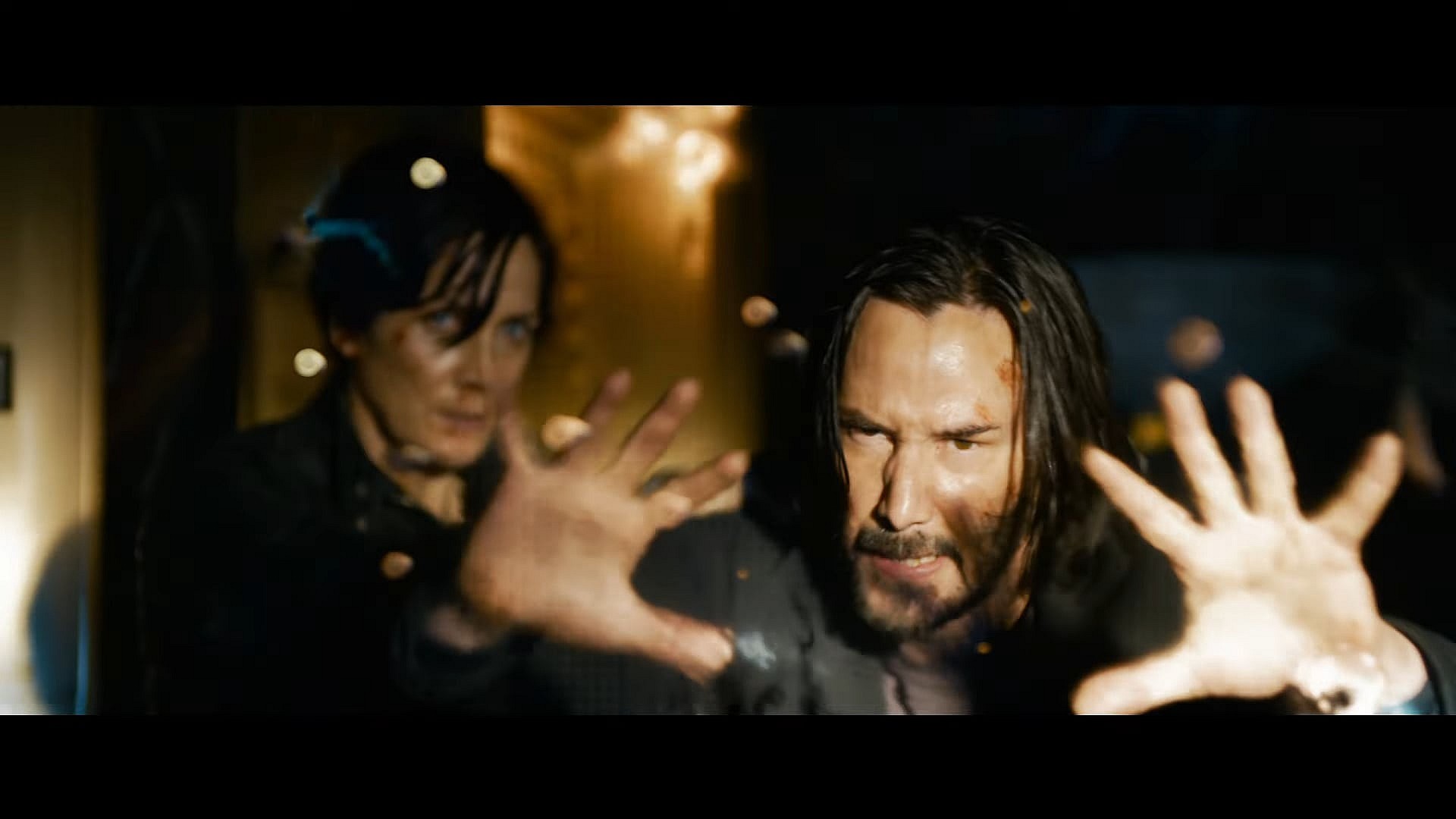
RELATED: Keanu Reeves Claims Warner Bros. Was Not Ready For A Transgender Character In The Matrix
So, like the very first film but this time much more blatant, The Matrix Resurrections story is a love story between Neo and Trinity. Wachowski hits that mark over and over again, even rehashing bits from the first films a little too often in an effort to drive her point home, but maybe that’s part of the charm?
Action film fans who got played and didn’t quite realize they were watching a love story amidst the sword fights, motorcycle chases, and kung-fu challenges will recognize the blatant lovie-dovie stuff going on in this new film because – did I mention this yet? – it’s blatant.

When he first sees her in a coffee shop, Thomas Anderson (Reeves) gawks at Trinity with big puppy eyes. In this rendition of the matrix, he is somehow a successful computer game programmer, while she’s a soccer mom named Tiffany who loves working on Ducati motorcycles in her spare time – in one of many tongue-in-cheek nudges from Wachowski and writing partners David Mitchell, and Aleksandar Hemon.
These new versions of Neo and Trinity are just one of the film’s characteristic tongue-in-cheek moments, courtesy of Wachowski and her writing partners, David Mitchell and Aleksandar Hemon. Again, it’s a total love-or-hate thing playing out here with the first act’s fourth wall-breaking homages to the first films.
However, rather than just dumb writing choices, there’s a reason for these clichés, so don’t jump the boat just yet. It will make sense.
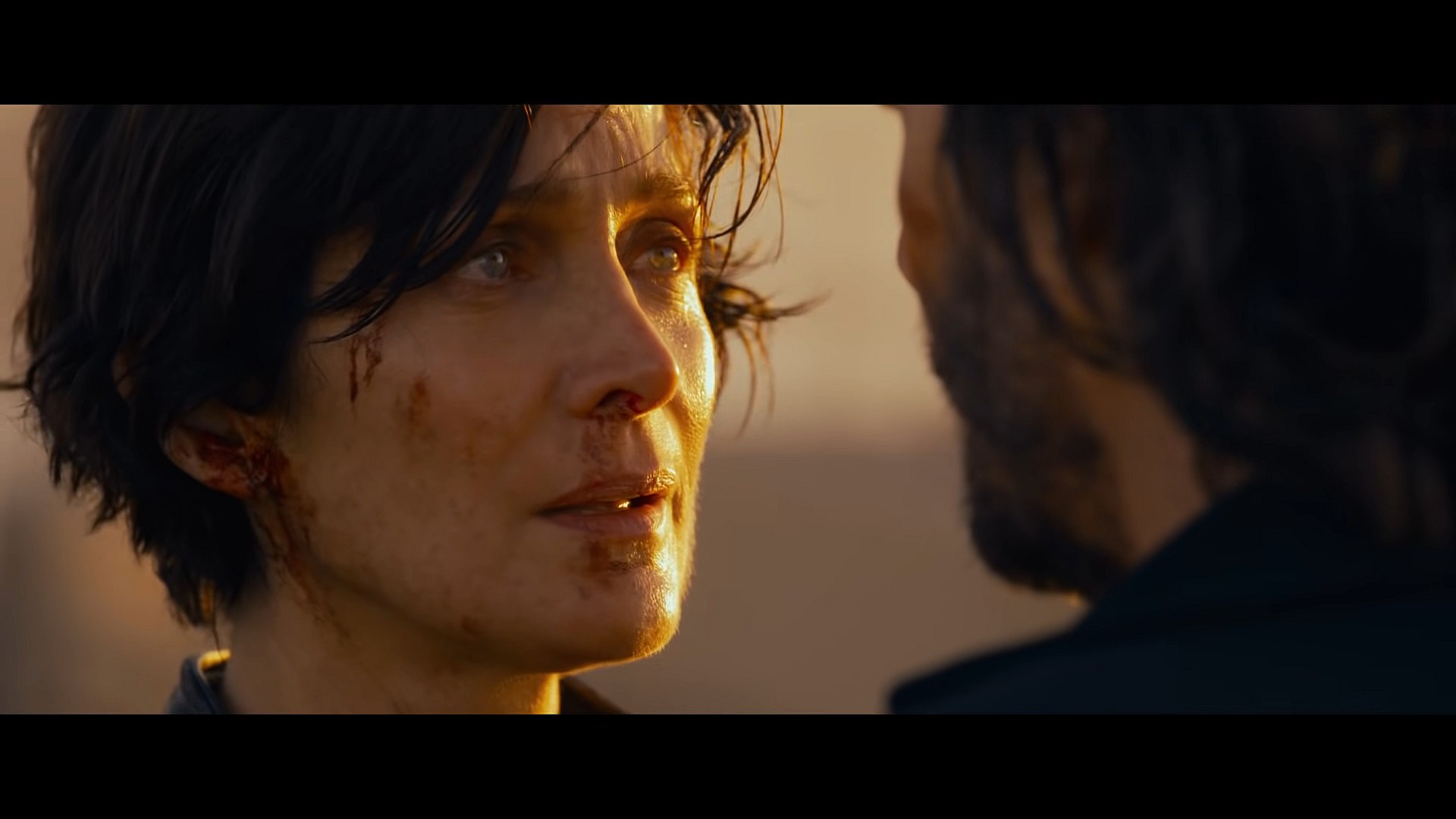
RELATED: The Matrix Resurrections Co-Writer David Mitchell Claims Film “Subverts The Rules Of Blockbusters”
Matrix Resurrections, is about the new version of the matrix that came after Neo basically sacrificed himself in The Matrix Revolutions.
Without injecting overt spoilers here, this matrix is different but also similar, leading to a number of questions about its origin. Is it the one Neo died for or is it one being run by the evil machines once again? Perhaps it’s all a dream and Anderson is suffering so severely under the weight of memories that never happened. After all, he has a therapist on call to offer him solutions to his problems.
But do you ever feel like a dream was just so real?
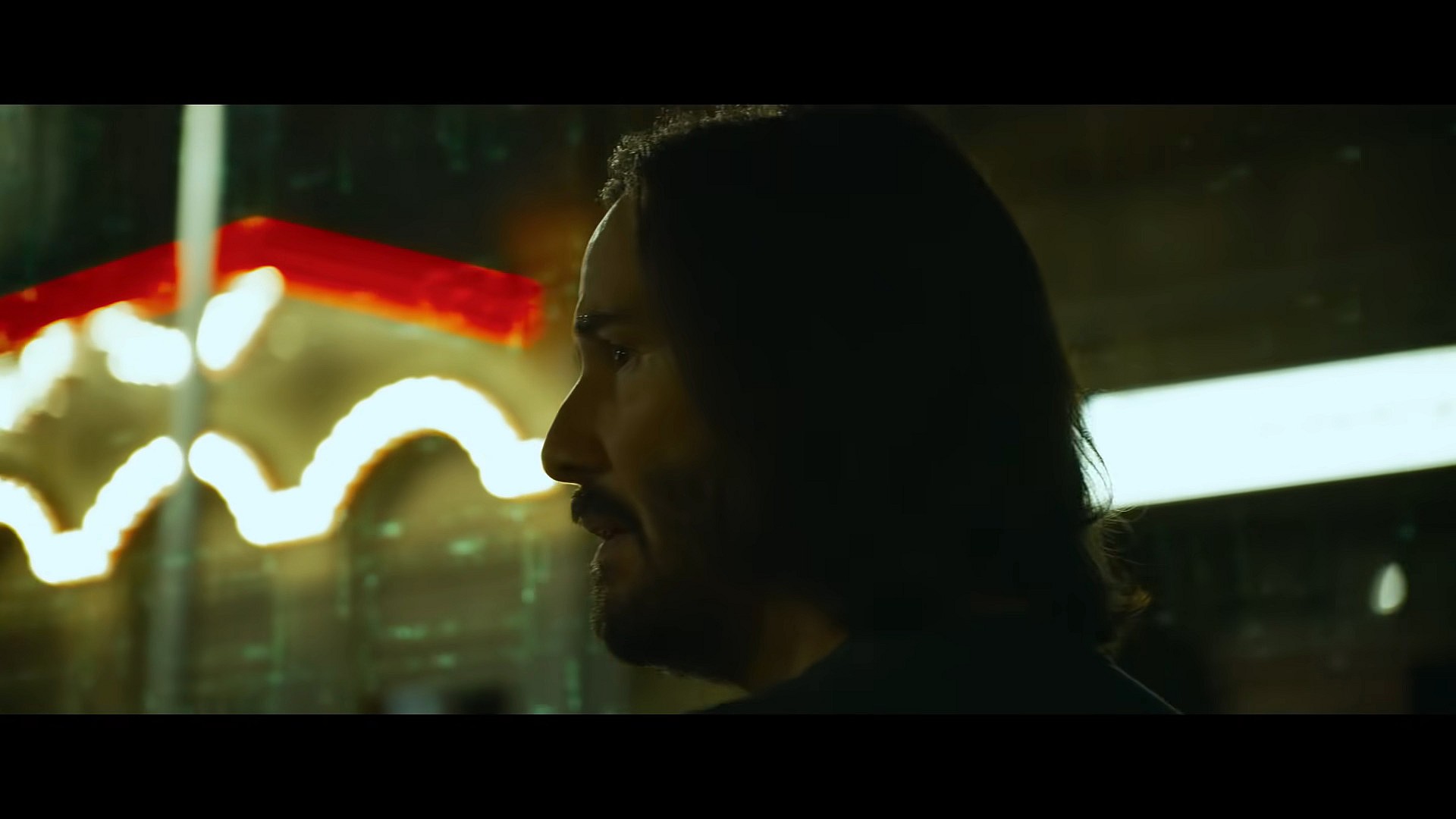
Matrix Resurrections is also about the real-world concept of Simulation Theory. In the 22 years since The Matrix premiered in theaters, audiences have gotten wiser and more comfortable with what the matrix is as its underlying concepts slowly begun to pervade our everyday lives.
In 2021, we now have in-home virtual reality gaming thanks to head sets like The Quest 2, notable pseudo-celebs like billionaire Elon Musk regularly and publicly discuss their belief that “we’re most likely in a simulation,” and noteworthy scientists have begun to seriously address the idea.

RELATED: Review: A Glitch In The Matrix Asks The Question: Is Simulation Theory Science or Fiction?
The film is a further reflection of that. Let’s just hope that the new generations getting turned on to idea this don’t end up taking it too far as others have in the past.
For more info what happens when people go to far, check out the documentary A Glitch in The Matrix, which we previously reviewed.

The Nostalgia Factor
The super slick costumes, the pumping sound track, paired with incredible action sequences that had characters running up walls, jumping insane distances, and dodging bullets of the first Matrix left audiences wanting more. And more they got with The Matrix Reloaded, Matrix Revolutions, and The Animatrix anime anthology – all of which are now playing on HBO Max for those who need a re-watch.
The entire trilogy was ground breaking in many ways and gave the Wachowski’s the leverage in Hollywood to go on and make more stellar films like V for Vendetta and their portfolio paragon, Cloud Atlas. But they also suffered a few bombs, most notably Jupiter Ascending (wherein the Empress of the entire Galaxy happily scrubs toilets like a maid as the final scene. What were they thinking?).
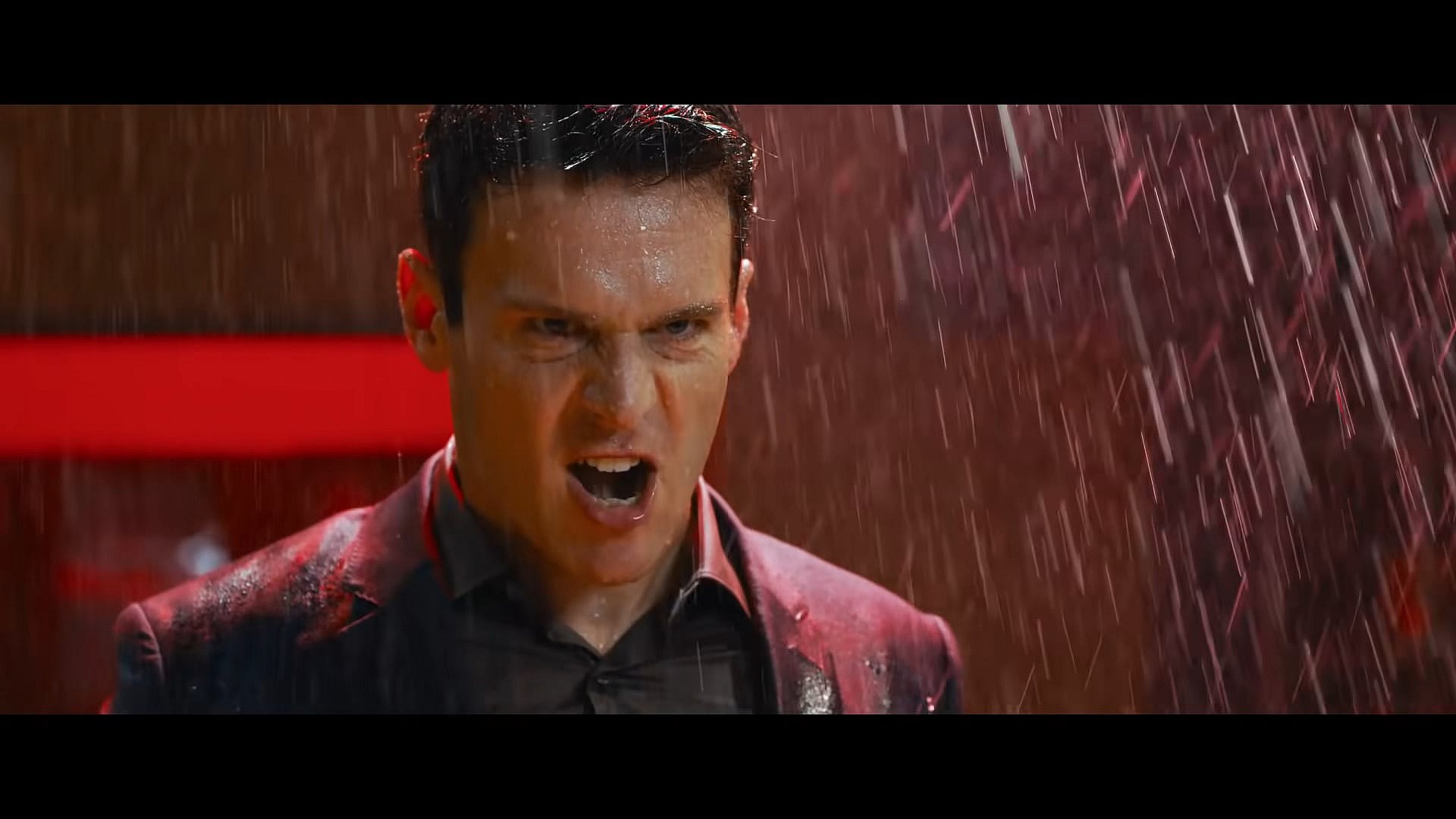
As bad as Jupiter Ascending was, I know people that absolutely loved it. There were also a lot of people who didn’t get Cloud Atlas in their first viewing and hated it, only to later and suddenly rank the film as one of their all time favorites after giving it a re-watch.
In answer to my initial question at the top of this review – why did Lana Wachowski make this film? – perhaps nostalgia is the answer. Or, maybe she just wanted to know what happens next and Warner Bros. was willing to give her the money to find out.

[Warning: The following section contains spoilers for The Matrix Resurrections ]
All in all, is this film going to piss you off or will you love it?
Much like Marvel’s Deadpool, writer and director Lana Wahcowski talks to the audience and makes fun of the story being presented by breaking the fourth wall. However, she does so in a less dead-pan and avant-garde way, instead choosing to literally incorporates scenes from the first film inside of the current film.
For clarification, Neo/Thomas Anderson actually sees footage from the first film play on a multiple screens in several different scenes as part of the story.

RELATED: The Matrix Creator Lilly Wachowski Claims The Film’s Original Intention Was A Transgender Allegory
We see Laurence Fishburne’s Morpheus character as a playback, and then a new version (it makes sense, so don’t freak out!) in this rendition of the Matrix.
It just begs the question, why did they decide to incorporate the initial story back into this new story?
Are you getting confused? Don’t worry, because I promise it’s not that hard to follow in the film.
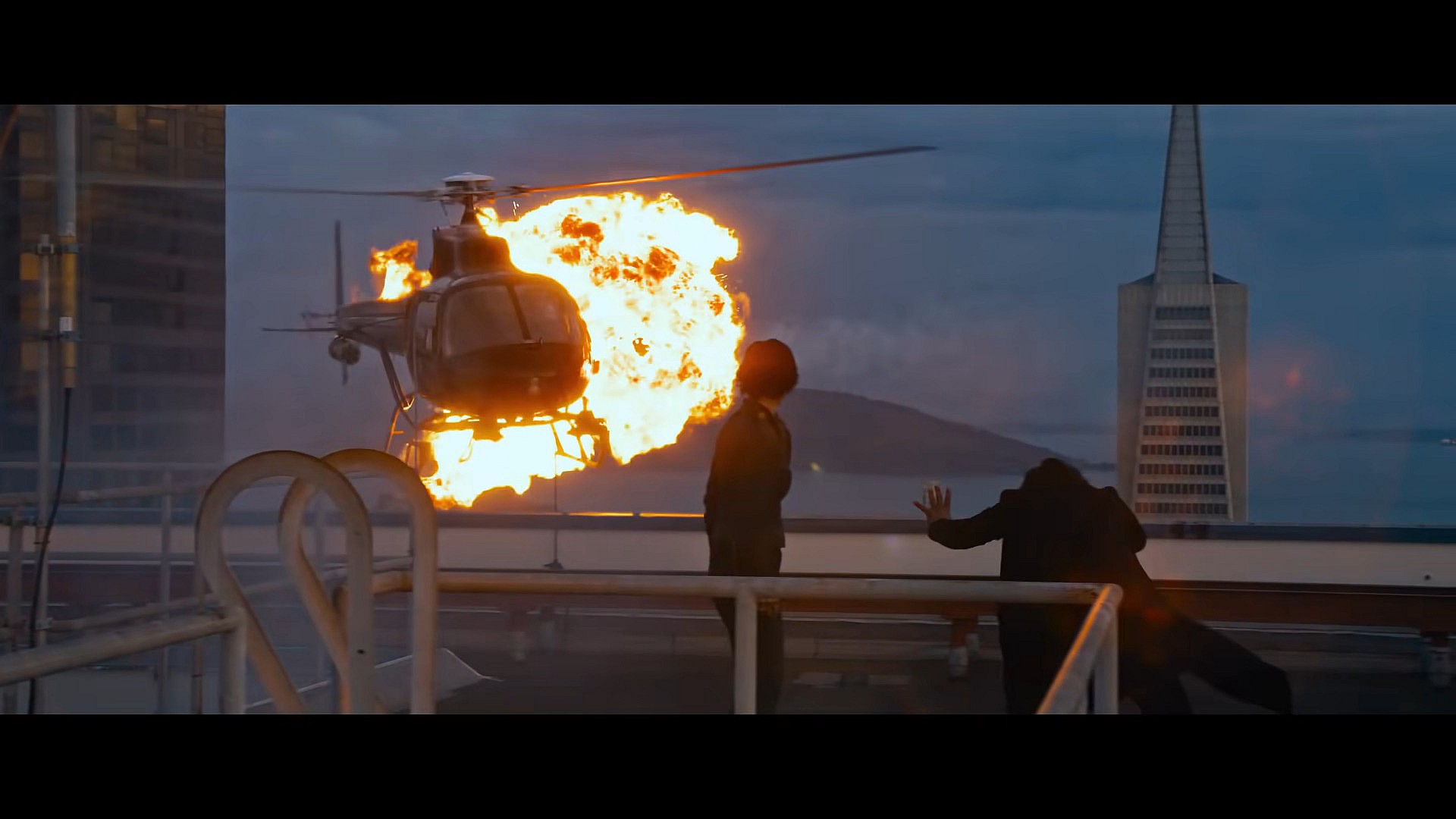
Final Thoughts
The Matrix Resurrections is a complete mixed bag, as there’s nothing quite like it, despite how it doesn’t really break any new ground. The writers have built-in so much nostalgia by incorporating exact scenes from the first films as part of the story line, that it’s sure to fulfill the fandom’s wish of seeing Neo and Trinity kick ass once again (with Morpheus 2.0 getting some screen time too).
At the same time, do audiences really want a rehash of the Neo/Trinity love story, instead of creating something wholly new like The Matrix did in 1999?
With The Matrix Resurrections, Wachowski opted to reinvigorate an old story rather than break new ground. The choice is a crucial mistake, and one that will possibly appease a solid portion of the initial trilogy’s fanbase, but it’s a decision whose acceptance will determine if this film is loved or detested.

Personally, I think The Matrix Resurrections will be viewed as more of an after thought rather than a meaningful contribution to the initial trilogy. Nonetheless, it’s a well loved after thought, even if it’s but of a feel-good and forgettable moment of entertainment than one that strikes a resounding chord.
Don’t expect to be wowed but enjoy it for what it is, a momentary distraction that transports you into The Matrix – which may or may not exist.
NEXT: Lilly Wachowski Claims The Matrix Was Born Out Of “Rage At Capitalism”
